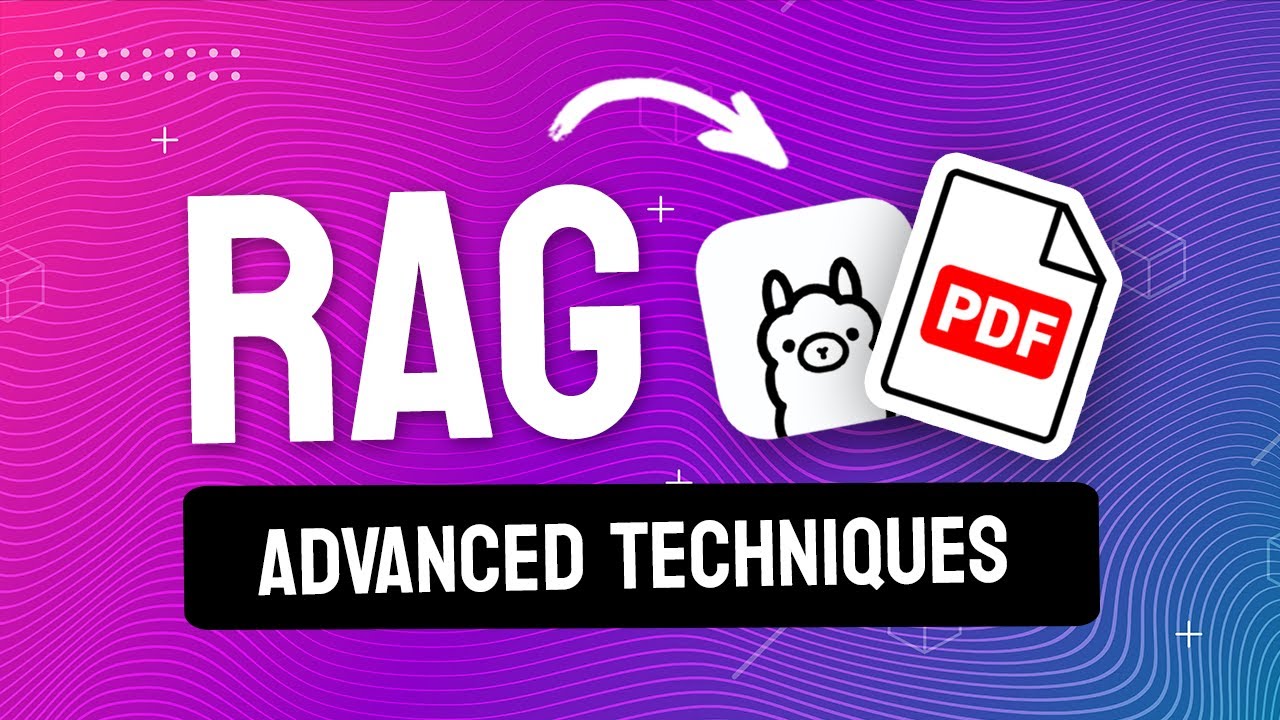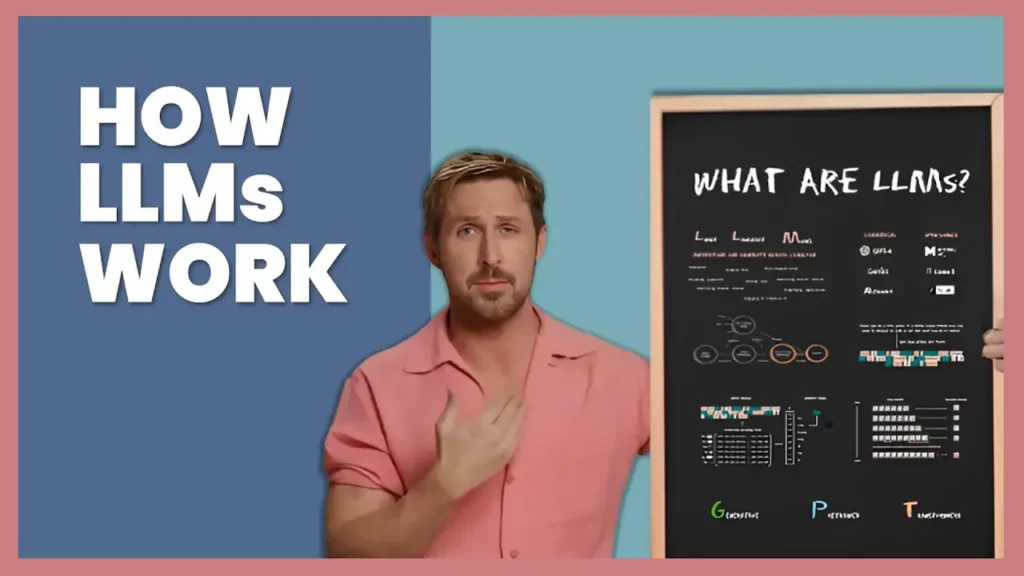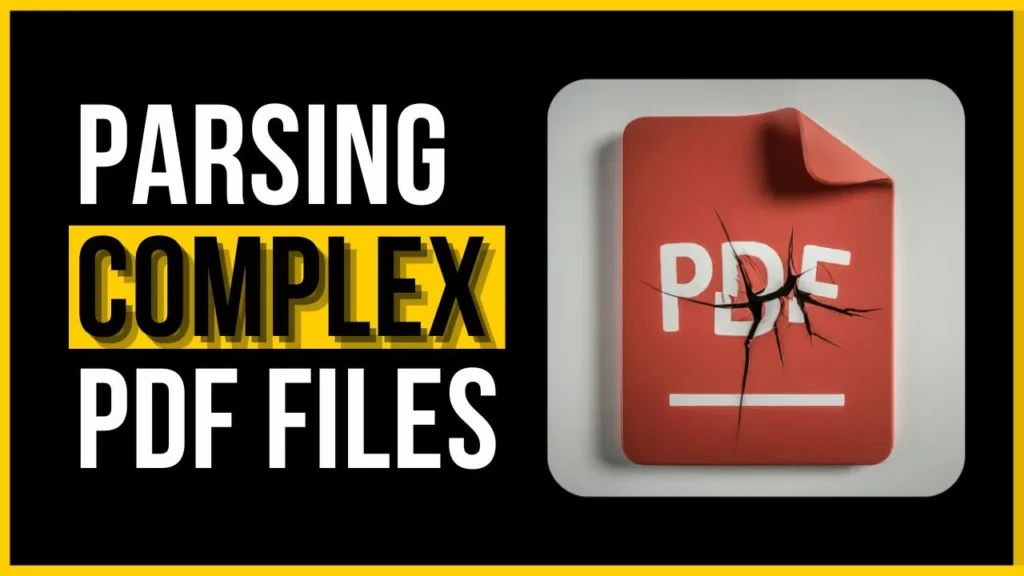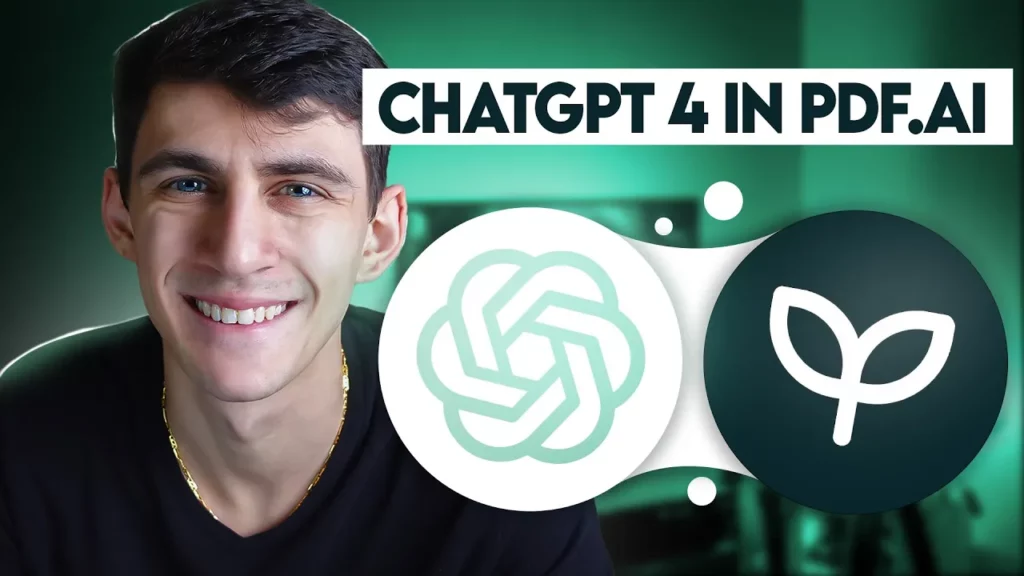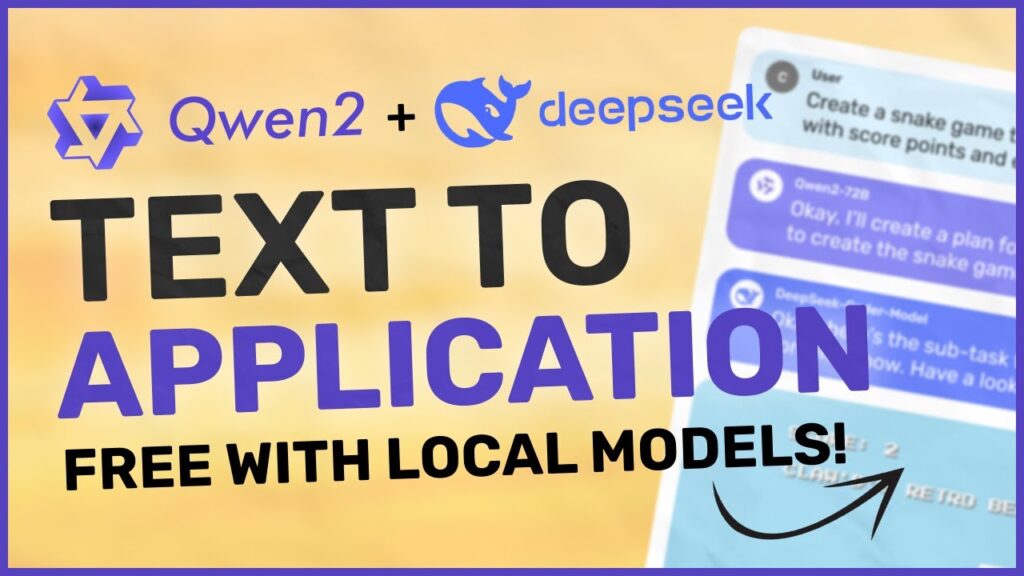The Python RAG tutorial demonstrated in the video highlights the process of implementing a Retrieval Augmented Generation application for querying PDF documents using natural language. By leveraging the power of natural language processing, users can ask questions related to board game instructions, such as building hotels in Monopoly or giving clues in CodeNames, and receive accurate responses with references to the source material. The tutorial delves into advanced features, including running the application locally with open-source LLMs to enhance the chat experience.
The tutorial emphasizes the importance of creating embeddings for data chunks, storing them in a vector database, and updating the database with new entries without rebuilding from scratch. By splitting PDF documents into smaller sections and transforming them into embeddings, users can efficiently search for relevant information in the database. Additionally, the tutorial covers the process of testing the quality of AI-generated responses through unit testing, ensuring the accuracy of the application’s output.
Furthermore, the tutorial addresses the evaluation of responses through LLM judgments, enabling users to verify the correctness of answers. By utilizing LLM models for response evaluation and setting thresholds for acceptable accuracy, developers can enhance the application’s performance and reliability. The tutorial provides insights into deploying the project to the cloud and encourages viewers to explore additional functionalities for future learning and development.
In conclusion, the Python RAG tutorial with Local LLMs offers a comprehensive guide for building AI applications for PDF querying, showcasing the integration of advanced features for enhanced user experience and response accuracy. By following the tutorial and accessing the provided GitHub project, users can gain practical knowledge and hands-on experience in implementing RAG applications.
